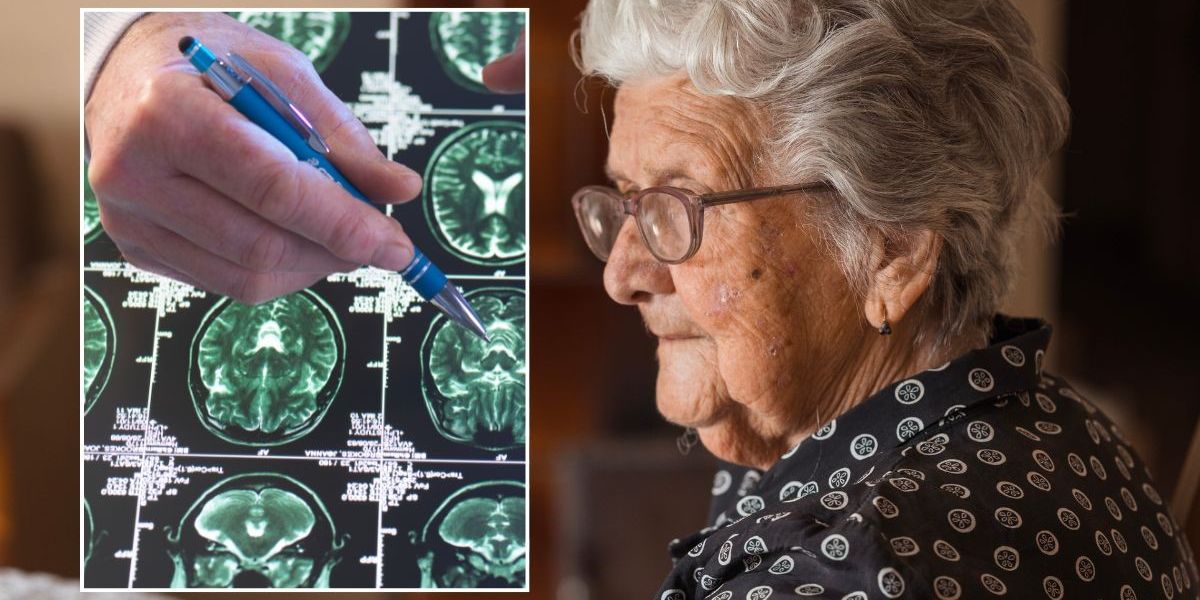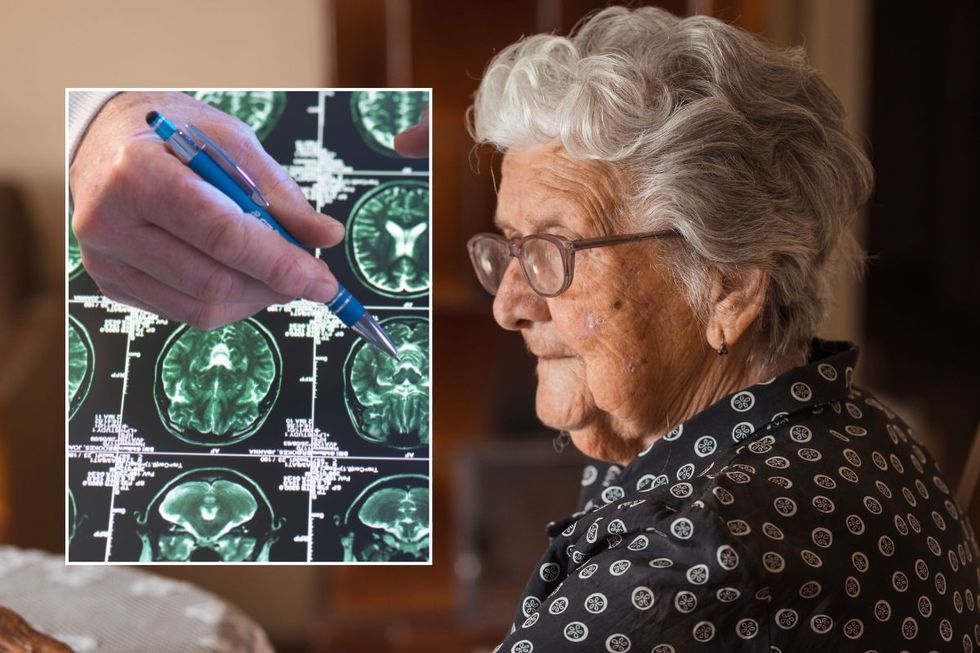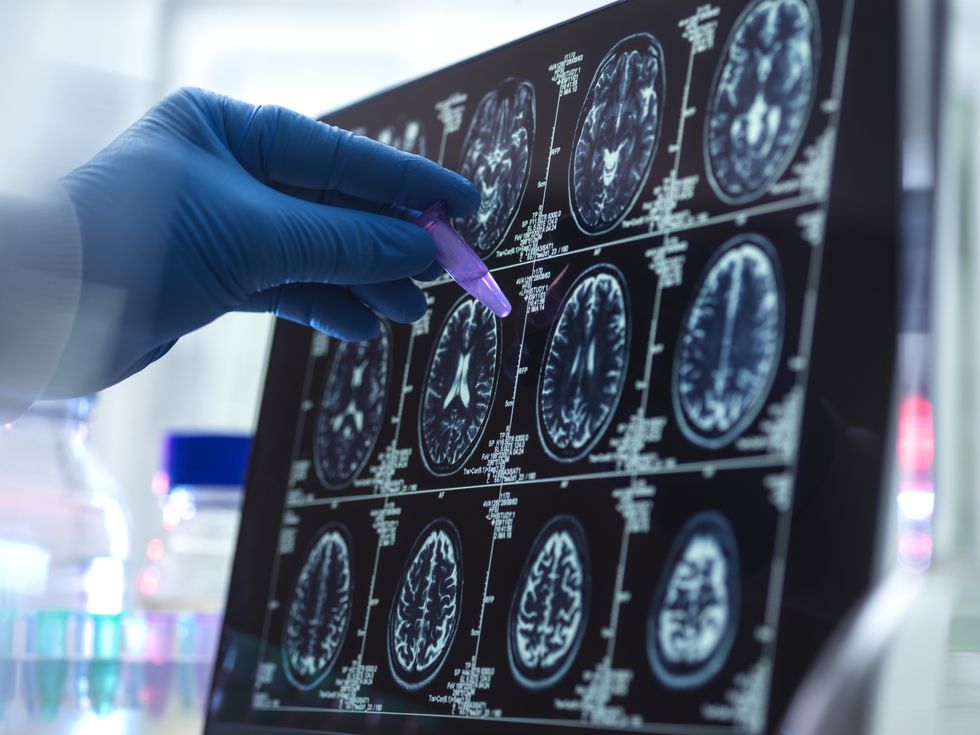



Medical professionals across Britain have begun enrolling participants in a groundbreaking clinical study examining whether a £100 blood test could revolutionise how Alzheimer's disease is identified within the NHS.
The research initiative will involve more than 1,000 individuals experiencing potential dementia symptoms, drawn from specialist memory centres throughout the United Kingdom.
Researchers hope the examination, which analyses levels of a substance called p-tau217, might accelerate diagnostic procedures and enhance treatment outcomes for those affected by this debilitating neurological condition.
The investigation represents a significant step towards modernising dementia care services, particularly as innovative therapeutic options are anticipated to emerge over the coming decade.

The test could revolutionise how Alzheimer's is identified
|GETTY
The study seeks to establish whether rapid test outcomes can transform patient pathways and equip Britain's health service for emerging therapeutic advances.
"We're expecting numerous further treatments to come on stream within the next 10 years, so we need to prepare the National Health Service now, to be able to deliver these treatments, as well as the benefits an accurate diagnosis already gives," explained Prof Jonathan Schott, a neurologist at University College London who co-leads the Adapt trial.
Currently, merely two percent of individuals undergo definitive diagnostic procedures involving PET imaging or spinal fluid extraction to identify disease markers.
The blood examination detects p-tau217, a marker that indicates accumulation of amyloid and tau proteins characteristic of Alzheimer's pathology.
Research indicates this approach matches the precision of costly PET imaging and invasive spinal taps.
Study participants will be randomly allocated into two cohorts: one receiving their test findings within three months of memory service evaluation, whilst the other obtains results after twelve months.
Medical teams will subsequently evaluate whether expedited results influence diagnostic timelines and treatment planning decisions.
"This is not about confirming accuracy, which we have already done," stated Dr Ashvini Keshavan, senior clinical research fellow at University College London's Dementia Research Centre and trial co-lead. "This is about showing that it actually makes a difference to patients' onward management."

The trial could revolutionise dementia care
|GETTY
The initiative receives backing from the Blood Biomarker Challenge, a multi-million pound scheme funded by Alzheimer's Society, Alzheimer's Research UK and the People's Postcode Lottery.
Recruitment efforts aim to include participants from varied geographical, ethnic and socioeconomic backgrounds, ensuring findings apply broadly across Britain's population.
"We know that the drug development pipeline for Alzheimer's disease is currently burgeoning with new potential treatments," noted Dr Sheona Scales, research director at Alzheimer's Research UK.
"The earlier we can intervene with these experimental or new potential treatments, the greater their chances of success. So the science is currently moving fast, there is a pace of change, but we need the diagnosis in order to speed up, in order to help us to unlock this."
